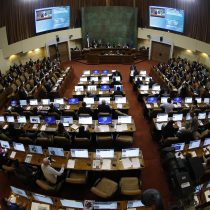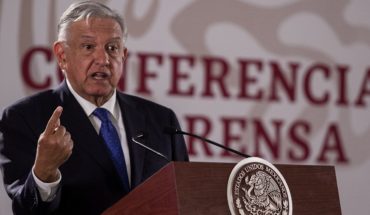
Article 141 of the Constitution in force, under which a new Charter will be drawn up, provides that the Constitutional Convention will be composed of 155 citizens, elected especially for this purpose and in the same way as the members of the Chamber of Deputies are elected. The same districts, the same electoral system and the same number of representatives to choose from.
It is in this context that the possibility of establishing “reserved seats” for representatives of the original peoples is being discussed in Congress, arguing that these would be in addition to those already mentioned 155, and can reach a total of 180, or up to an additional 25. The other option is to incorporate them within 155.
Both options are contrary not only to the Constitution but also to what was resoundingly resolved on 25 October last Year. They are unconstitutional, since the number of conventionals is already determined. Therefore there are no additional quotas nor these can be at the expense of those already agreed. More than that, this is not just the agreement reached last year (November 15). This agreement is now part of the Constitution. This agreement was endorsed by the vast majority of citizens who came to vote only weeks ago.
It will surely be argued that the current Constitution can be reformed again and that would be true. But why then draw up a new Fundamental Charter? Nearly two centuries ago, Portales, the “builder of the state in shape”, who was killed, had already suggested to us how to proceed in front of this lady.
But the discussion is not only legal, but also around the fundamental principles of the rule of law and, in essence, the political regime in force, that is, the democratic character of our republic. I emphasize this, since this discussion takes place under a kind of mist, which some have called “vulgarized cultural Marxism”, which confuses and confuses us.
One of these principles is the democratic generation of political authorities, such as the President of the Republic, mayors and members of the National Congress. The ones who vote are the citizens and only these in their capacity as such. We are talking about Chileans, over eighteen years of age and not sentenced to grief. Foreigners of legal age, residing in Chile and registered in the Electoral Register, may also vote.
Neither sex, ethnicity, religious or other beliefs nor our position in the production process or income can be used as a basis for discrimination, granting more or less rights based on these or other criteria. By positively discriminating against one, others are negatively discriminated against.
But there is something else, if we consider that sex, ethnicity, racial purity and social class give us distinctive and defining qualities, what is at risk is the Republican and democratic political regime. The cases of China, Cuba, Venezuela and North Korea should serve as an example. South American dictatorships setenter and other, too.
Finally, and I say this with respect, this quotas, quotas or seats reserved reminds me of the seats reserved in collective locomotion, a means that I use on a daily basis.
The content poured into this opinion column is the sole responsibility of its author, and does not necessarily reflect the editorial line or position of El Mostrador.





